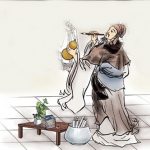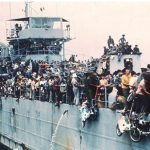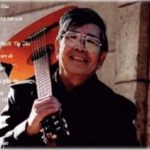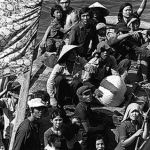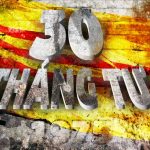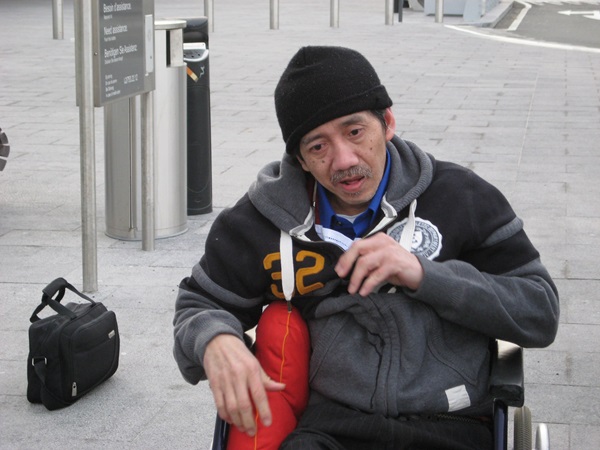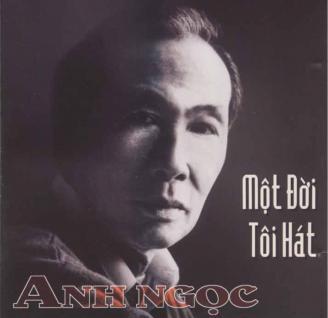29/02 is Rare Disease Awareness day
– Sharing my father’s illness : SCA3, the Machado-Joseph disease.
Hello, for this Rare Disease Awareness day, I wanted to share with you the disease that has been in my family : Spinocerebellar Ataxia Type 3, or for short SCA3. This illness has more than 35 different types, with type 3 being the most common. It affects the cerebellum, affects walking, speech, movement coordination, balance and there is still no cure for it. This is a genetic disease and like many other genetic ones, a cure is hard to find.
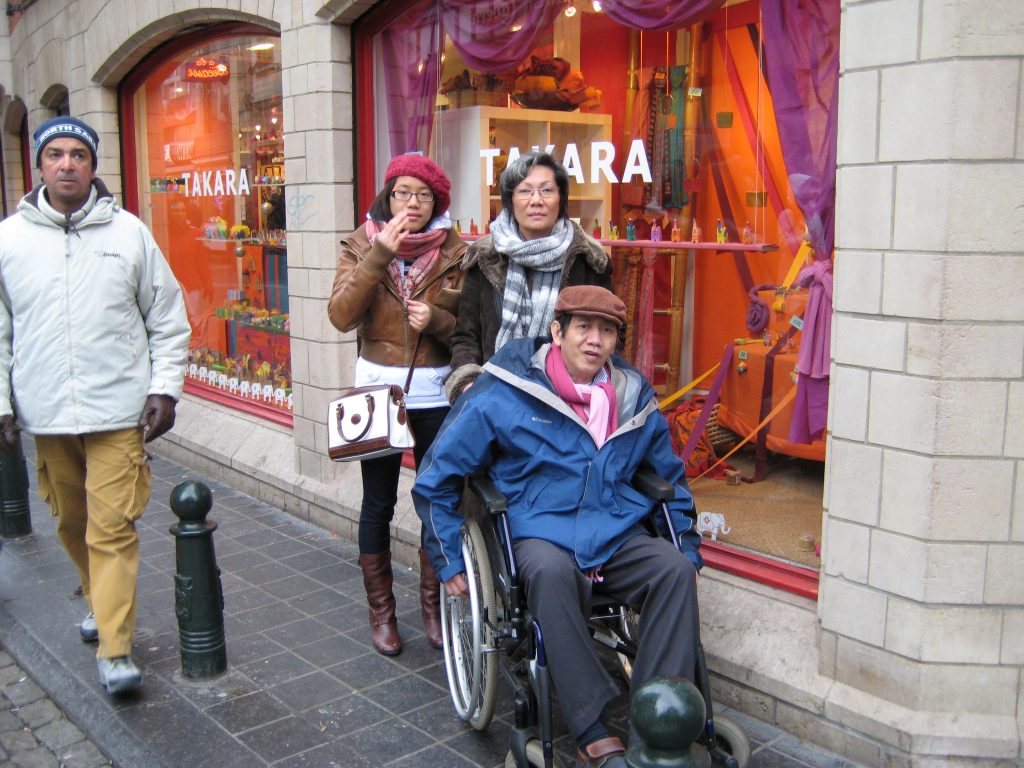
I never got to know my dad, he had begun to show symptoms when I was born. As long as I remember, we were always helping him walk, first with a cane, then with a wheelchair. I was his caregiver at the young age of 8. Of course, mom was there. Mom did everything she could so we, my brother and I, will have a “normal” life without having to worry too much about our dad. She had taken everything upon herself and stayed with my dad till his last breath.
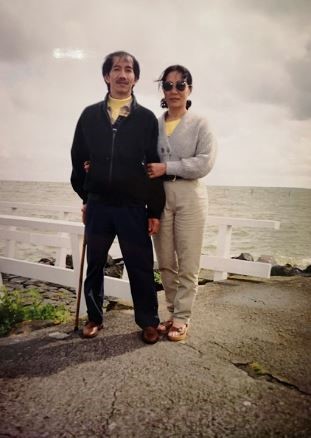
My dad was trapped in his own body. People gazed at him, the children looked at him with funny looks, they all thought he was my grandpa. And as a child, having those strangers looking at your family like that when you were having a family trip to Ikea was making me feel angry, ashamed, and sad. Why couldn’t I have a normal dad like everyone else? Well, I found the answer only when dad had left us. This is so we could care for others. So we can have better behavior regarding those who were not as fortunate as other healthy ones. So we could help each other.
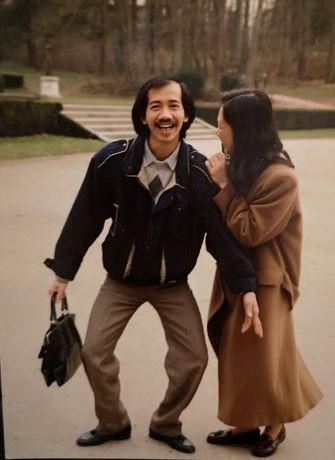
Even though my dad’s mind and intellect remained the same, people looked at him as he was stupid, with his blank expression and drooling all over his shirt, or when he was still able to walk, people thought he was drunk because of his loss of balance. But he was still laughing at my silly jokes (that no one ever laughed at…), had better memory than any of us, knew every routes directions, recipes and drew such beautiful portraits… But he couldn’t do a thing anymore. I didn’t understand that in my younger years. I was still hoping he would get better with time. We don’t talk much about this matter in our family. Asian families have that feeling of shame when the family is not perfect, so they just hide it and not talk about it. But my parents were not like that, even though mom didn’t talk to us about that disease, I was old enough to search for answers by myself. And then I knew my dad was like that despite his will. Despite his efforts, he couldn’t do anything.
He is always somewhere in my mind and heart, even though we didn’t have that father-daughter relationship, and I was angry at him for a long time, even though he was unable to do a thing, he was still thinking about our own happiness in his own way. There were bad days, but also good days. I try to remember the good ones but still think “have I done enough for him”?
I want to express my thanks to every nurse out here. Without them, my dad would have been long gone and my mom would have been dead tired. I also would like to thank every doctor and researcher from around the world who are are still trying to find a cure. The disease doesn’t affect just the patient, but also impacts the family, friends, their work, the healthcare, the medical team. Let’s hope for a better future for every fighter.
I hope I changed your point of view regarding people with disability. Not everyone is born equal, but let’s learn to live equally. If you can help others in need, then do it. If you need help, ask for it.
Also, if you want more information about this disease, a Japanese movie and drama actually exist, based on a real story : A liter of tears. Prepare your handkerchiefs.
Solange Lâm. Brussels Belgium

